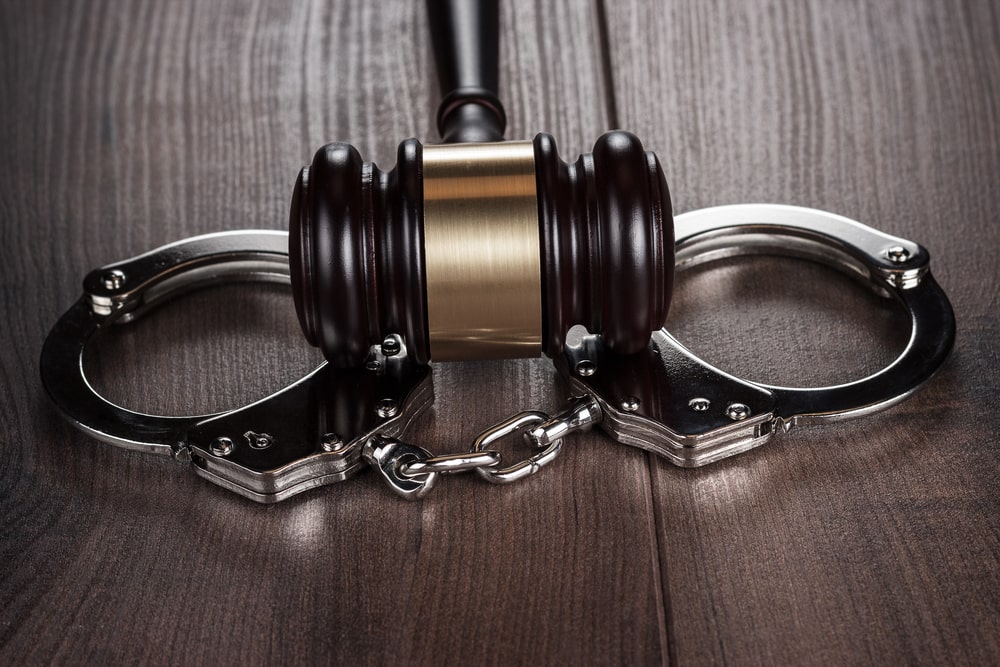Comprehensive Guide To Defending Against Assault Charges

Assault charges are grave legal issues that can have profound impacts on your personal and professional life. Understanding how to defend against these charges is essential for anyone facing such allegations. This guide will cover the basics of assault charges, potential defenses, and the importance of seeking professional legal help.
Types Of Assault Charges
Assault can be categorized into different types depending on the severity and circumstances:
- Simple Assault: This involves causing minor injury or threatening another person with harm. It’s often classified as a misdemeanor.
- Aggravated Assault: This is a more serious charge involving severe injury, use of a weapon, or assault with intent to commit another felony. It’s typically classified as a felony.
- Domestic Assault: This occurs when the victim is a spouse, partner, or family member. These charges often carry additional penalties due to the relationship between the victim and the accused.
Potential Defenses Against Assault Charges
- Self-Defense: One of the most common defenses, self-defense involves proving that the accused acted to protect themselves from imminent harm. The key is to demonstrate that the force used was reasonable and necessary under the circumstances.
- Defense of Others: Similar to self-defense, this defense is applicable when the accused acted to protect another person from harm. Again, the force used must be proportional to the threat faced.
- Defense of Property: This defense applies when the accused acted to prevent unlawful interference with their property. The use of force must be reasonable and not excessive.
- Lack of Intent: Assault charges often require proof of intent to harm. Demonstrating that the accused did not have the intent to cause injury can be a valid defense.
- Consent: In some cases, the victim may have consented to the act that led to the assault charges. This defense is more common in situations involving mutual combat or sports.
- Alibi: Providing evidence that the accused was not present at the scene of the alleged assault can serve as a strong defense. This might include witness testimony, video footage, or other forms of proof.
- Mistaken Identity: Sometimes, the wrong person is accused of assault. Demonstrating that someone else committed the crime can lead to an acquittal.
The Importance Of Legal Representation
Facing assault charges without professional legal help is risky. An experienced criminal defense attorney can:
- Evaluate the Case: A lawyer will thoroughly review the evidence, identify weaknesses in the prosecution’s case, and determine the best defense strategy.
- Negotiate Plea Deals: In some cases, it might be in the accused’s best interest to negotiate a plea deal. An attorney can work to reduce the charges or secure a more lenient sentence.
- Represent in Court: A skilled attorney will advocate on behalf of the accused, presenting evidence, cross-examining witnesses, and making compelling arguments to the jury.
Defending against assault charges requires a thorough understanding of the law and a strategic approach. If you or someone you know is facing such charges, it’s crucial to seek the help of an experienced assault attorney like our friends at Garrett, Walker, Aycoth & Olson, Attorneys at Law. They can provide the necessary guidance, build a strong defense, and work towards the best possible outcome. Remember, the right legal representation can make all the difference in navigating through the complexities of assault charges.
